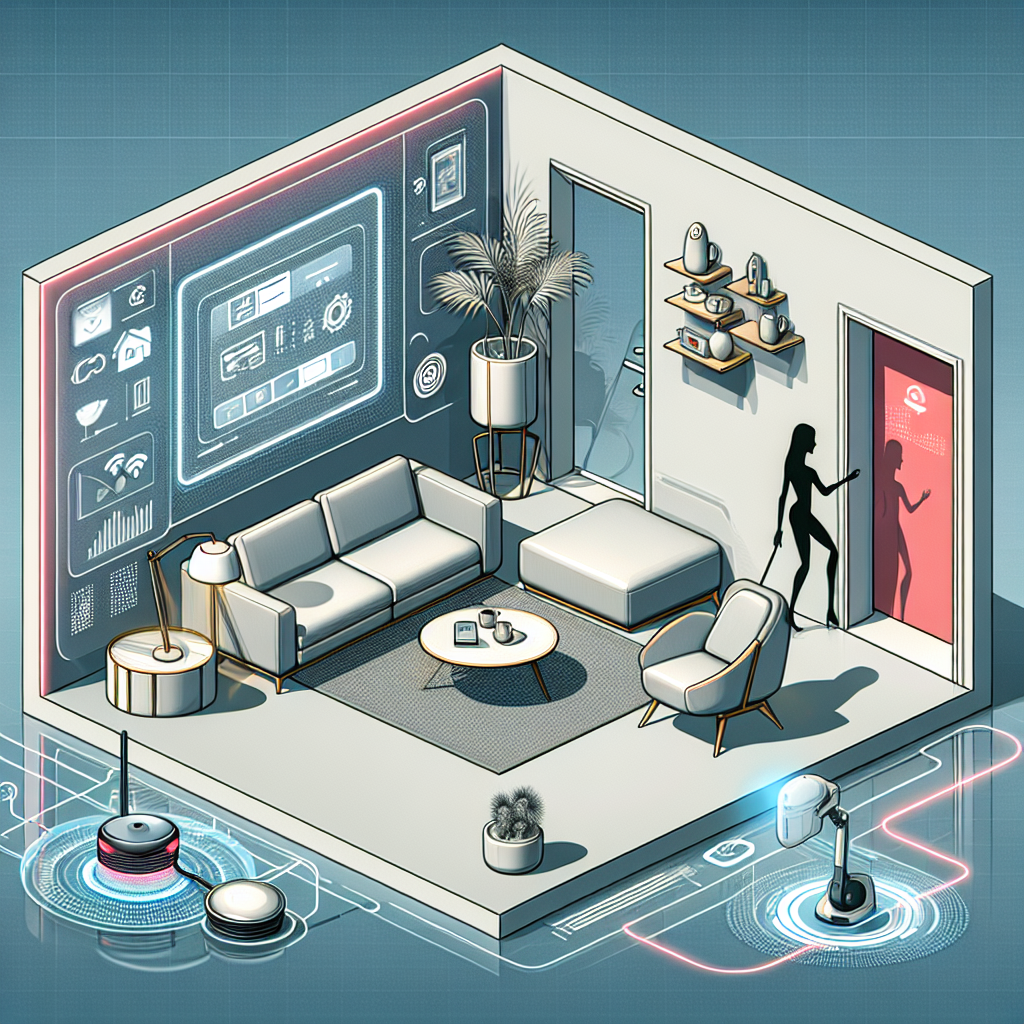The Rise of the Smart Home: Are We Ready for Fully Automated Living?
As we sprint further into the 21st century, the concept of the "home" is being revolutionized by burgeoning technologies. Once quaint places that provided shelter and warmth, homes are now evolving into sophisticated hubs of automation and connectivity. This transformation, fueled by the rise of smart home technology, beckons the question: Are we ready for fully automated living?
The Evolution of the Smart Home
Smart home technology refers to a variety of devices and systems that automate and enhance domestic activities through network connectivity. The journey began with rudimentary gadgets like programmable thermostats and remote-controlled lighting. Today, we have fully integrated ecosystems capable of managing everything from security systems and climate control to entertainment and personal wellness.
What makes a home "smart"? The integration of the Internet of Things (IoT), artificial intelligence (AI), and cloud computing has opened doors to a future where everyday tasks are conducted through voice commands or even predictive automation. Imagine a day where your coffee brews itself as your smart alarm clock gently wakes you up while your digital assistant reads the morning news aloud – this is no longer the stuff of science fiction.
Why the Surge?
The surge in smart home adoption can be attributed to several factors:
-
Convenience and Efficiency: Automated systems save time and energy, allowing home-dwellers to focus on more significant pursuits.
-
Security Enhancement: From smart locks to surveillance cameras with real-time notifications, these systems offer unparalleled peace of mind.
-
Energy Management: With growing concerns about climate change, smart homes offer solutions that optimize energy consumption, reducing both carbon footprints and utility bills.
- Health and Wellness: Modern devices offer air quality monitoring, advanced sleep tracking, and even automated meal prep, promoting healthier living environments.
Challenges Ahead
Despite the undeniable advantages, the road to fully automated living is not without bumps. The issues primarily revolve around security, privacy, and affordability:
-
Cybersecurity Threats: With increased connectivity comes an expanded attack surface for cybercriminals. Breaches can have alarming consequences, from data theft to unauthorized control over home devices.
-
Privacy Concerns: Smart homes accumulate significant personal data, raising questions about who has access and how it is used.
- Cost Barriers: The expense involved in converting a traditional home into a smart one can be prohibitive for many, although market trends suggest prices will continue to fall as technology matures.
Are We Ready?
The question of readiness hinges on society’s collective willingness to adapt to, and address, these challenges. In terms of technology, we are certainly on the brink of achieving fully automated homes. However, societal readiness involves more than just technological capability – it requires addressing ethical concerns, creating robust security frameworks, and ensuring broad accessibility.
Education plays a pivotal role; consumers must be informed about both the capabilities and risks of these technologies. Simultaneously, policymakers and industry leaders must work collaboratively to create standards and regulations that protect consumers while fostering innovation.
Looking Ahead
The trajectory of smart home technology is heading towards seamless integration with our daily routines, promising to transform our lives in ways we are just beginning to imagine. Yet, as with any rapid technological advance, careful thought and dialogue are necessary to ensure it benefits everyone equitably and responsibly.
In conclusion, the rise of smart homes is not just about fancy gadgets or tech-savvy conveniences. It’s about reimagining our living spaces to better serve human needs, enhance our well-being, and enrich our lives. As we stand on the cusp of this new era, the question is not if we are ready, but rather how we can prepare ourselves to embrace this change thoughtfully and securely.

